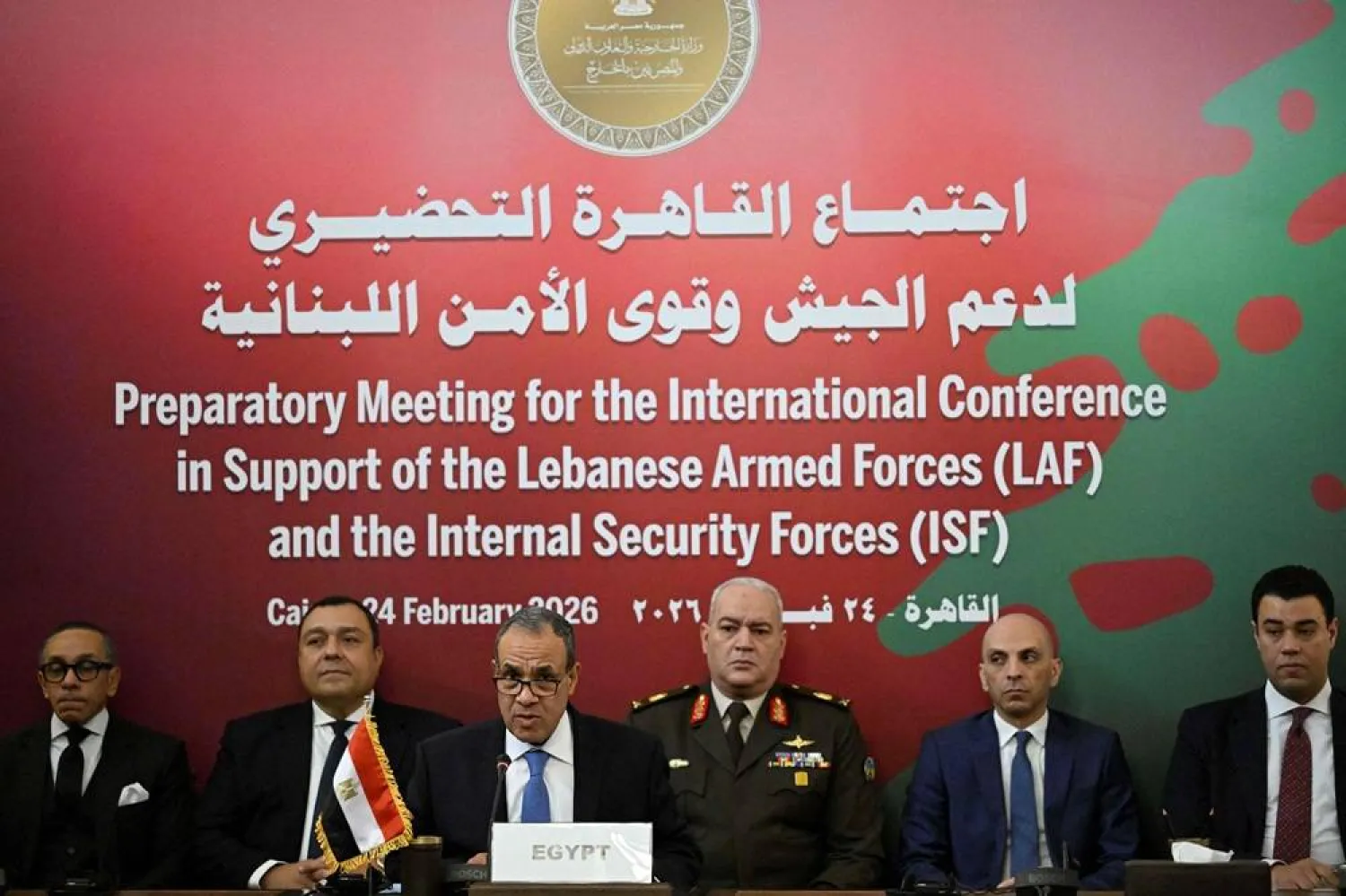The World Bank has said it approved a $130 million loan to Tunisia to finance wheat imports.
The loan seeks “to lessen the impact of the Ukraine war by financing vital soft wheat imports and providing emergency support to cover barley imports for dairy production and seeds for smallholder farmers for the upcoming planting season,” the World Bank said in a statement on Tuesday.
Part of a coordinated emergency response package with donors, including the European Bank for Reconstruction and Development, the European Investment Bank and the European Union, the project will support short-term imports of wheat for bread to ensure continued access to affordable bread for the poor, barley for livestock, and agricultural inputs for domestic grain production.
“It will also lay the groundwork for reforms to address weaknesses and distortions in the grain value chain, including the related food security policies and improve their impact on nutritional outcomes and diet diversification, strengthen Tunisia’s resilience to future food crises and provide technical assistance to modernize Tunisia’s Grain Board and food subsidy system,” said the statement.
“Tunisia faces a major grain supply shock due to difficulties in accessing financial markets and rising global prices which affected the ability to procure imported grain,” the statement quoted World Bank Country Manager for Tunisia Alexandre Arrobbio as saying.
“We're working very closely with other partners to support the Tunisian government in its efforts to ensure food security while addressing some of the overdue structural reforms in the agricultural and food system.”
The project seeks to avoid bread supply disruptions in this year's third quarter by financing the urgent purchase of soft wheat, equivalent to a month and a half of consumption, said the statement.
The financing will also help to procure an estimated 75,000 metric tons of barley to cover the needs of smallholder dairy producers for approximately one month, along with 40,000 tons of quality wheat seeds to secure the next planting season that starts in October.









